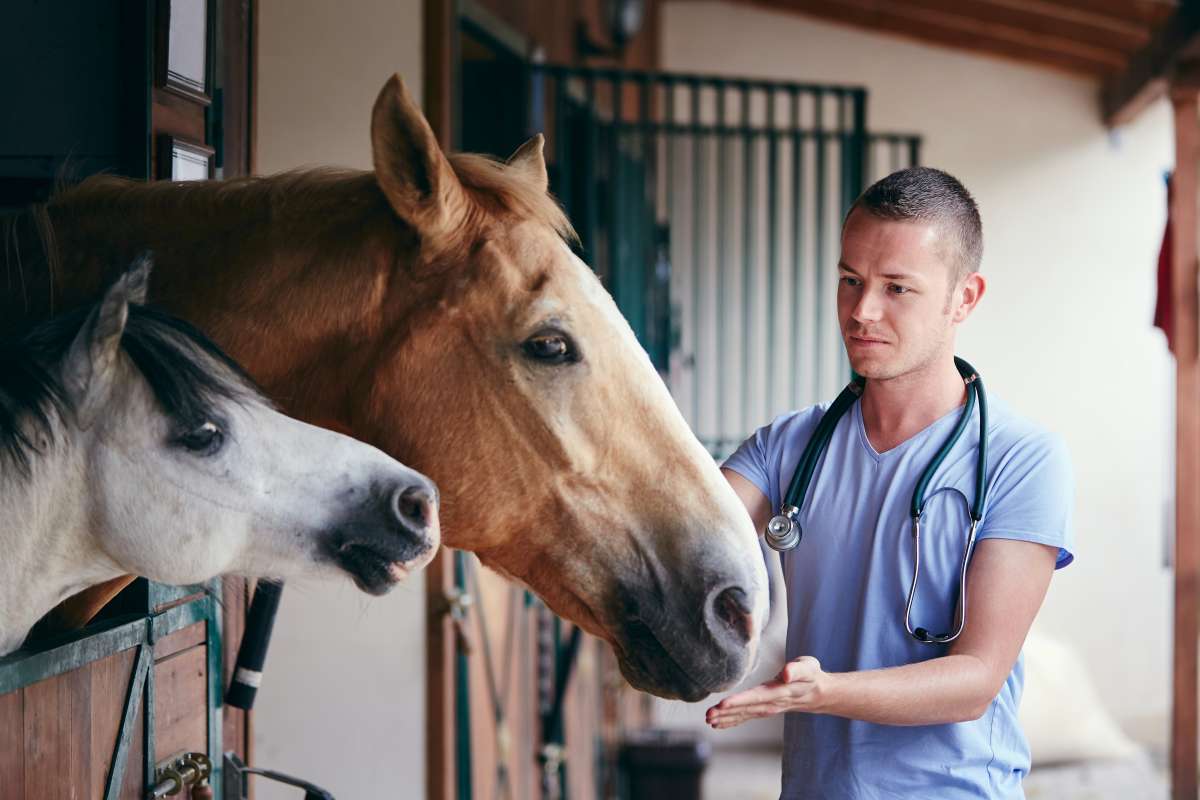Confidentiality & Support
We recognize that implementing accommodations—especially in hands-on, clinical, or lab-based settings—can raise unique challenges, and we are here to support you as those arise.
All disability-related information, including the fact that a student has accommodations, must be kept confidential and shared only on a need-to-know basis in accordance with federal law (FERPA). That means student names, accommodations, or impacts should not be shared unless absolutely necessary for implementation. Our office's role is to help implement accommodations. Therefore, you are able to share any information related to their accommodations in your course with us. We're happy to talk through your questions and help find a workable solution for both you and the student.
However, we also understand that collaboration is often key to finding practical solutions. If you find it helpful to consult with colleagues about how to implement an accommodation, you’re welcome to do so—as long as the information shared is limited to what is essential. Remove student names or other identifying details when it is not necessary and focus instead on the accommodation itself and the instructional or clinical context.
If a colleague (e.g., technician, exam coordinator, or clinical supervisor) will be involved in directly implementing the accommodation, it is appropriate to share the student’s name and approved accommodations with that colleague to ensure accommodations are provided accurately and without delay.
If you're ever unsure about what information can be shared or how to navigate a specific situation, please reach out to our office before making a decision.






